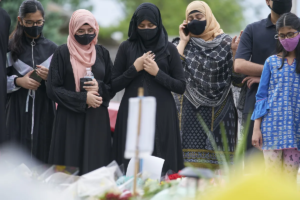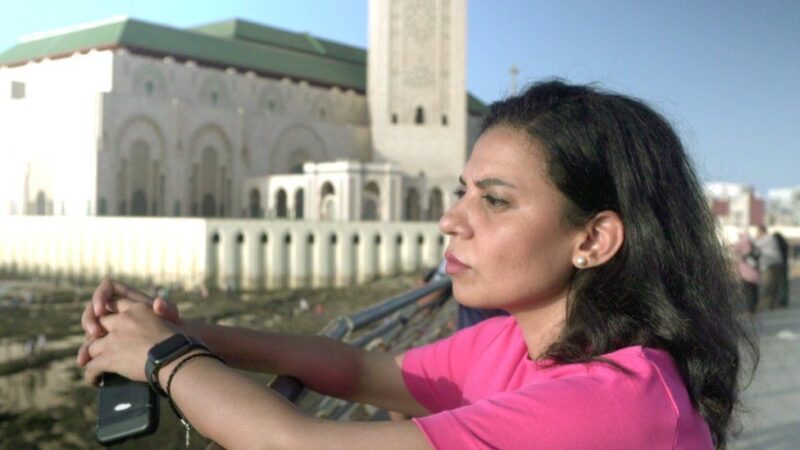Immigration is changing the composition of religion in Canada, survey finds

Growing immigration is changing the composition of religion in Canada, an in-depth survey shows, though not all communities of faith feel welcome.
The Angus Reid Institute and Cardus survey released Monday is described as the first of its kind to take a comprehensive look at Canadians’ faith across a full religious spectrum.
Shachi Kurl, the president of the Angus Reid Institute, said the survey’s inclusion of people from minority faiths, such as Muslims, Hindus and Sikhs, is a remarkable step toward understanding religion in Canada. At least half of those who identify in these three groups were born outside the country; these communities, in addition to Jews, represent about 8 per cent of the population, or three million Canadians.
“What we really wanted to do is talk to people of different faith groups in this country, particularly, as the face of Canada changes,” Ms. Kurl said in an interview.
“We can talk about and have a better understanding of how Canadians who are Hindu or Sikh or Muslim view their own faith and view how they feel in this country and view religiosity.”
The results are based on two online surveys. The first – conducted from Jan. 21 to Feb. 3 – included 1,290 Canadian from the four largest non-Christian faith groups: Muslim, Sikh, Hindu and Jewish. An additional survey of 1,708 Canadians was conducted from April 5-7 and is representative of the general population, with an oversample of 100 additional Evangelical Protestants.
The Angus Reid Institute says a probability sample of this size would carry a margin of error of plus or minus three percentage points, 19 times out of 20, for the smaller survey and 2.5 percentage points for the larger survey.
The survey found that Muslims and Evangelicals had the highest percentage when it came to feeling shut out by the rest of Canadian society because of their faith.
Twenty-six per cent of Muslims polled felt that their beliefs were not welcomed in Canadian society, as hate crimes against the community continue to draw attention.
Last June, a Muslim family in London, Ont., was run down and killed by a car, while a few weeks later two sisters wearing hijabs were attacked in St. Albert, Alta., by a man armed with a knife.
Early Saturday morning, five men were attacked in a drive-by shooting outside a mosque in Scarborough, Ont., during Ramadan celebrations. At this time, the person responsible for the shooting has not been apprehended by local police.
Given such incidents, Ms. Kurl said it is a surprise that the percentage of Muslims who feel unwelcome is not even higher.
“The fact that it’s one in four, that is a very significant number. One might take a moment and ponder that it is not higher given the hostility that many people of the Muslim faith encounter in this country,” Ms. Kurl said.
We all have a role to play in rooting out Islamophobia
While the survey also found that a majority of Canadians felt religious communities were either making positive or equally good and bad contributions to Canadian society, the percentage who felt that religion is negatively contributing to society has increased since 2018.
Angus Reid Institute and Cardus attribute that to the changing attitudes toward religion in the wake of the finding last summer of hundreds of unmarked children’s graves at residential schools across Canada. These schools were run by religious institutions in partnership with the Canadian government.
“That’s something that’s going to shake you,” Ms. Kurl said of the findings. “What we have learned has certainly led many faithful people to question their own faith through this time.”
Jack Jedwab, the president of the Association of Canadian Studies, said the belief in God among Canadians has remained consistent. However, it is participation in organized religion that is seeing a decline, toward which the pandemic has had a major impact.
“If you’re diminishing gathering, that’s inevitably going to diminish participation, religious institutions and religious life,” Mr. Jedwab said in an interview. “Traditional participation in those religious institutions has suffered a massive setback over the period.”
Ms. Kurl said that the impact of the pandemic goes beyond worshipping at church, but rather how it has broken community bonds.
“For many people, remember that belonging to a religious community isn’t just about prayer, and God,” she said. “It’s also about community, it’s about connection.”
Courtesy: The Globe and Mail



